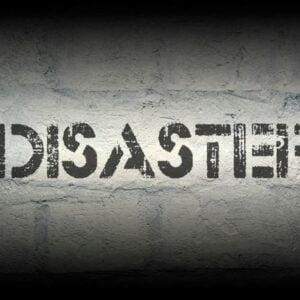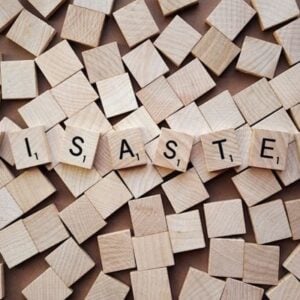The World Bank Board of Executive Directors has approved a Disaster Risk Management Development Policy Financing (DPF) with a Catastrophe Deferred Drawdown Option (Cat DDO) for Rwanda, aimed at strengthening the country’s ability to anticipate, prepare for, and respond to disasters, protecting both lives and livelihoods. This initiative comes as Rwanda faces increasing vulnerability to climate-related disasters, with over 80 percent of disaster impacts linked to climate change. Since the early 2000s, the frequency and severity of floods, landslides, and droughts have risen significantly, with the May 2023 floods and landslides alone causing 131 fatalities, 104 injuries, and leaving more than 18,000 people homeless, resulting in total damages estimated at $187 million.
The $141 million operation, prepared with support from the Global Facility for Disaster Reduction and Recovery (GFDRR), is structured around three pillars: enhancing disaster risk information and institutional coordination, strengthening the climate and disaster resilience of the built environment, and improving natural resource management for resilience. These pillars align with Rwanda’s 2023 Disaster Risk Reduction and Management Policy and the National Strategy for Transformation (NST 2).
Sahr Kpundeh, World Bank Country Manager for Rwanda, highlighted that the operation is informed by lessons from the 2023 floods, ensuring targeted support for the vulnerabilities communities face. Approximately 40 percent of Rwanda’s population lives in high-risk highland areas prone to landslides, and with only six percent of arable land irrigated, the country remains heavily reliant on rainfed agriculture. Climate change is expected to increase rainfall variability and intensity, potentially reducing GDP by 5–7 percent below baseline in multiple years by 2050.
The Cat DDO integrates disaster risk management into national planning to safeguard development achievements and support a more resilient future. Saurabh Dani, World Bank Senior Development Specialist, emphasized that the operation simultaneously strengthens institutional coordination, improves building standards, and enhances natural resource management, building resilience across multiple fronts.
The initiative aligns with the World Bank Group’s Country Partnership Framework for Rwanda (FY21–FY26), which prioritizes resilience to climate-related risks, particularly urban flood risks driven by rapid urbanization. The Cat DDO complements other World Bank-funded efforts to mainstream disaster risk management and climate considerations into Rwanda’s development planning.






